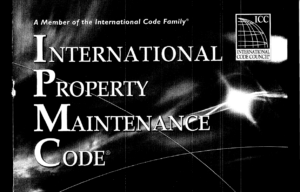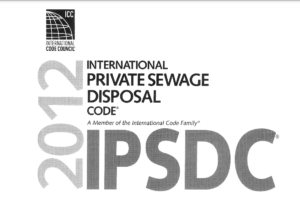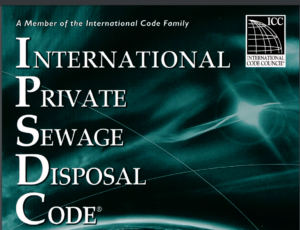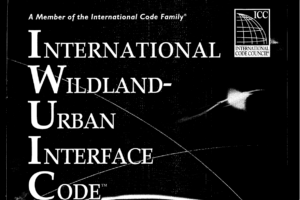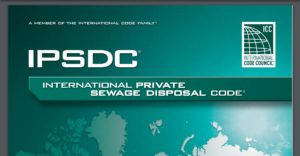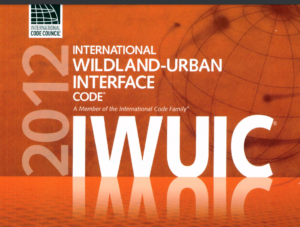The 2005 edition of the NFPA 99 Standard for Health Care Facilities is a comprehensive guide that ensures safety within health care settings by addressing various risks such as fire, explosion, and electrical hazards. It consolidates standards from previous individual documents into a cohesive manual aimed at improving user accessibility and facilitating better management of health and safety practices. The standard provides guidelines for emergency management, medical gases, electrical systems, and other critical aspects essential for maintaining a safe environment in health care facilities.
NFPA 99 outlines the installation, maintenance, and testing protocols for equipment and systems used in health care facilities. It includes chapters dedicated to specific areas such as electrical systems, gas and vacuum systems, and environmental systems, ensuring that each component is up to standard and functions safely. Notable updates in this edition include enhanced requirements for emergency preparedness, the integration of guidelines for hyperbaric facilities, and more detailed provisions for electrical systems to ensure safety in patient care areas.
Additionally, the document has been structured for clarity and ease of use, with significant editorial changes to make technical standards more accessible. These adjustments also aim to align the NFPA 99 with other international standards and practices, promoting consistency across health care facilities’ safety protocols. This edition emphasizes the importance of comprehensive emergency management plans that cover disaster preparedness, response, mitigation, and recovery, reflecting a holistic approach to managing health care facilities’ risks.

